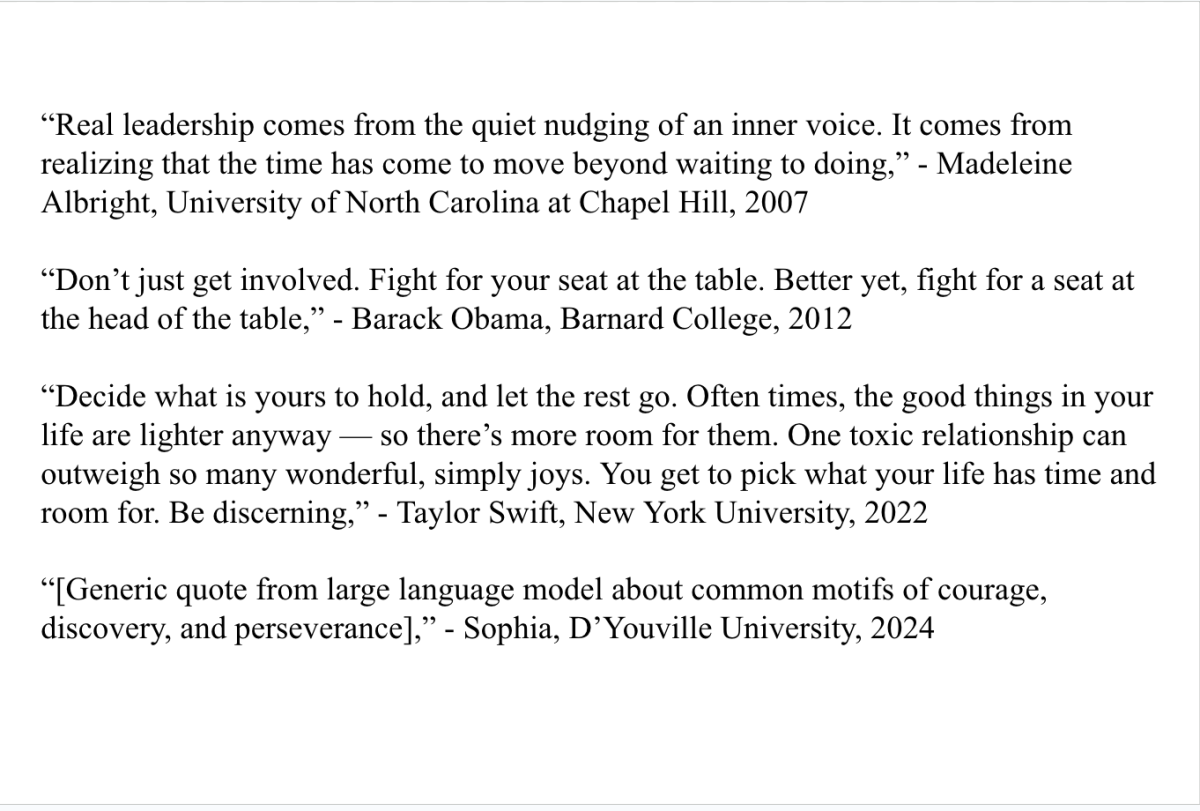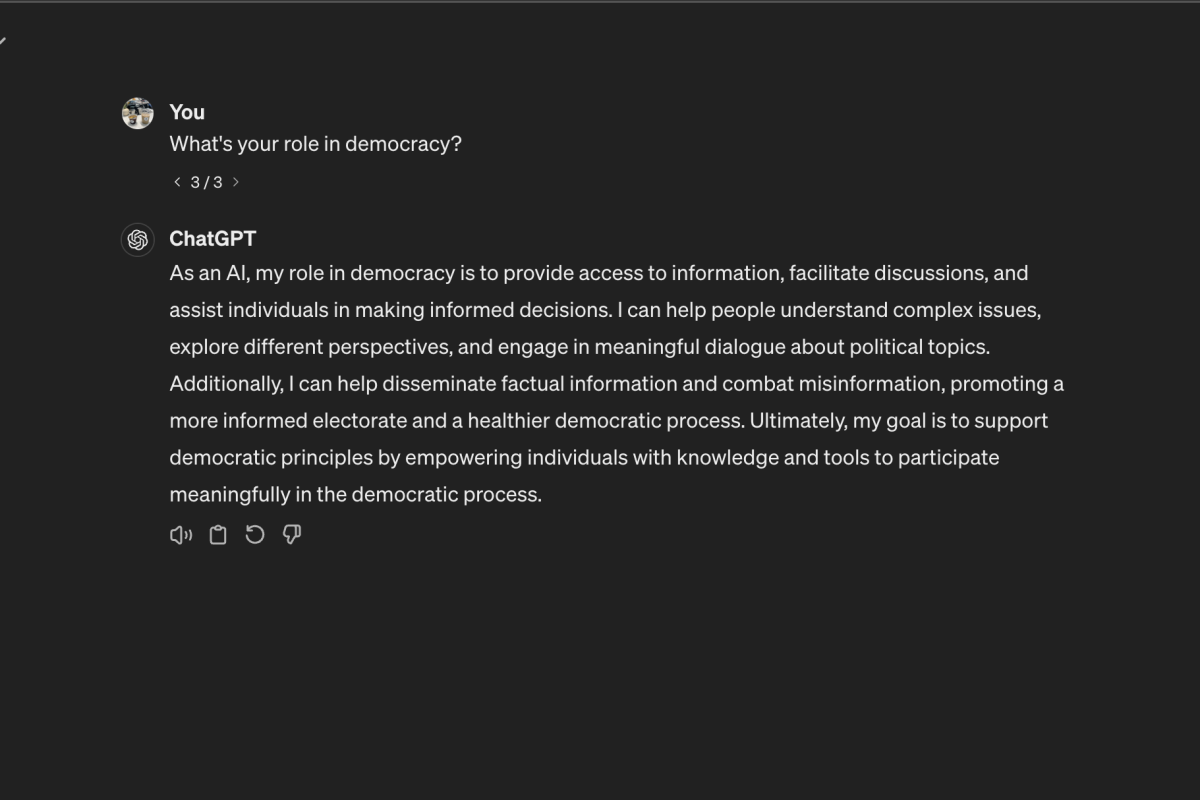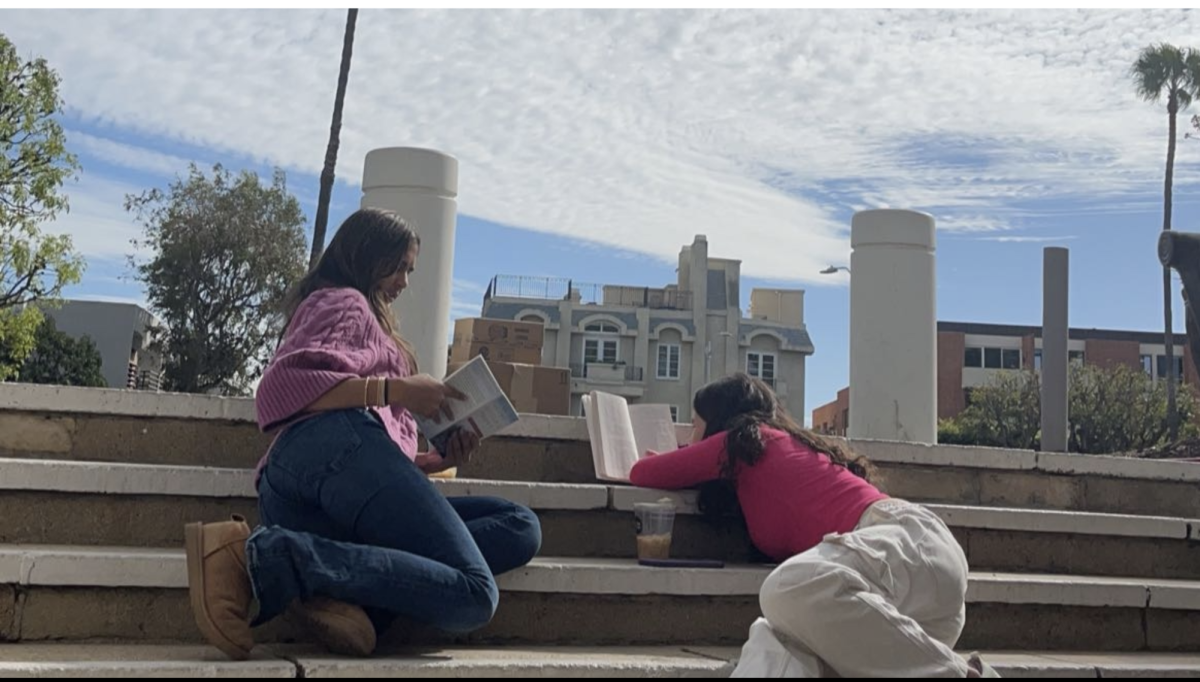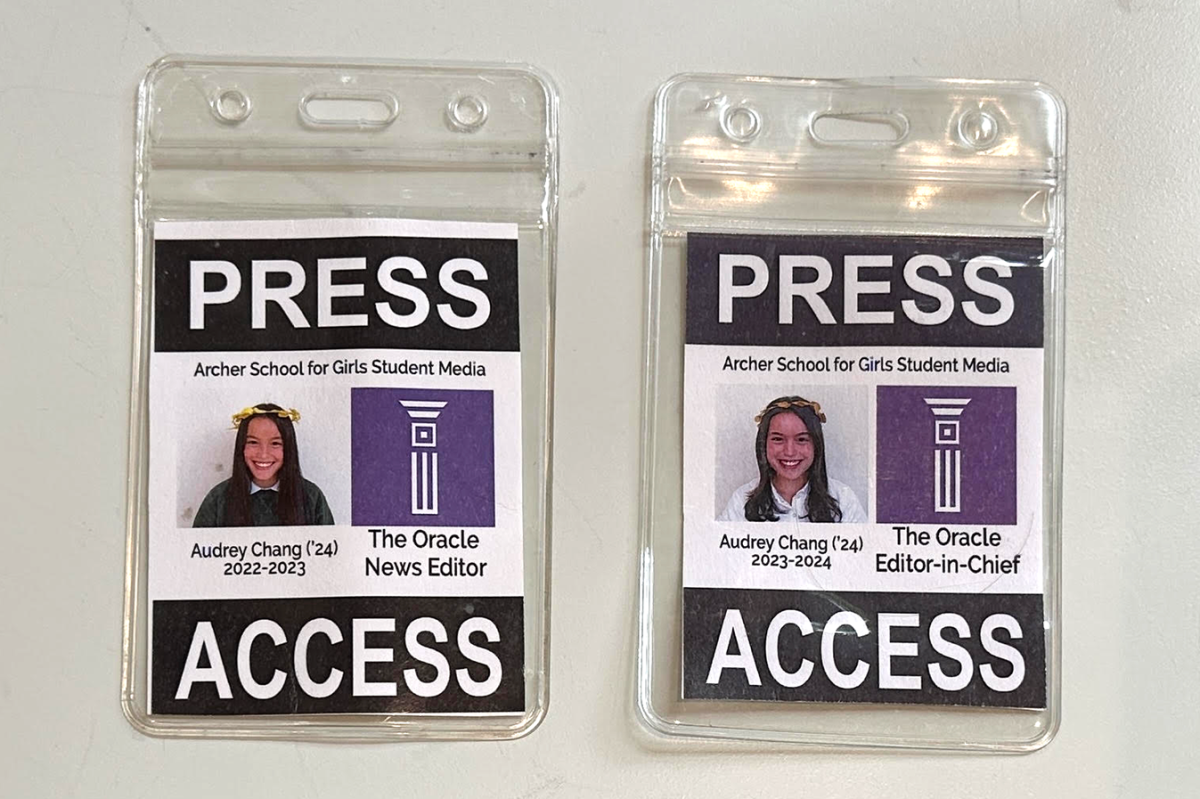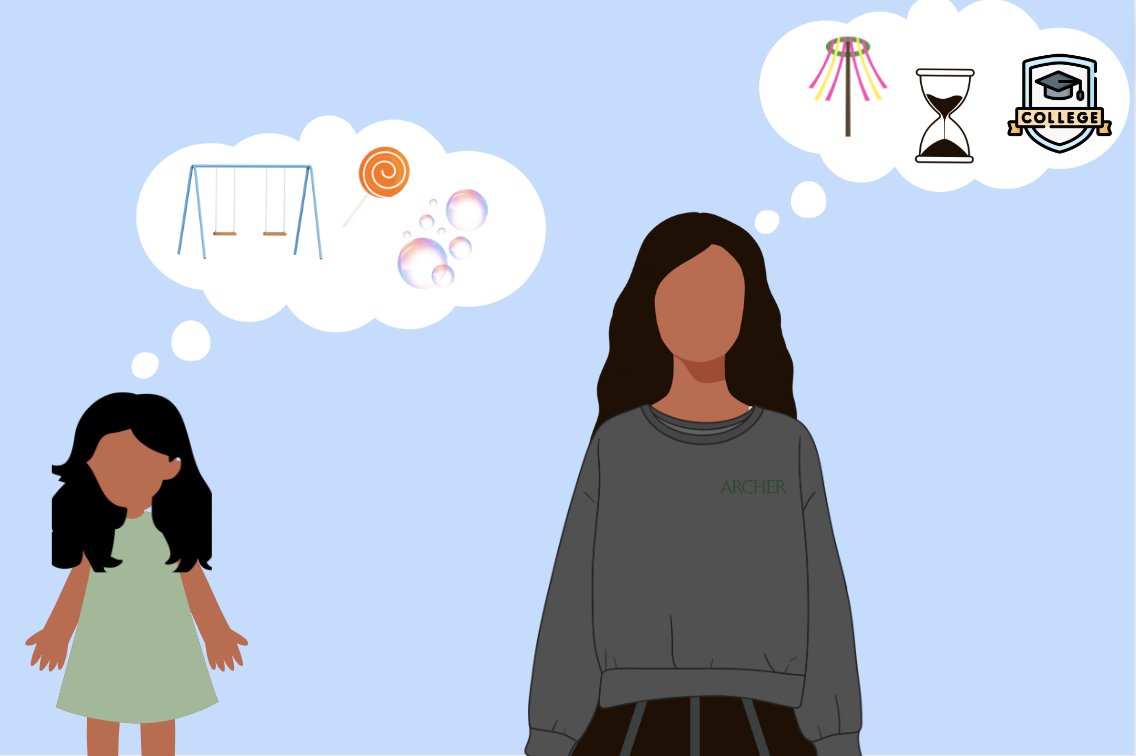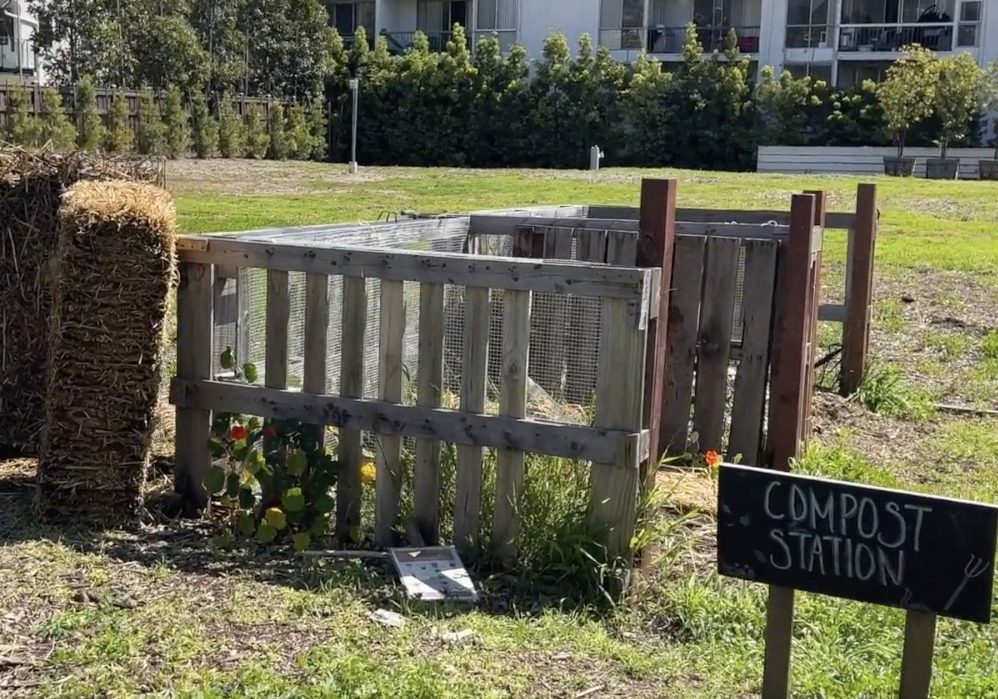If you’ve been on TikTok, Instagram or any other social media platform in the past couple of years, you have likely heard the phrase, “Romanticize your life.” Whether it be your favorite influencers, YouTube vloggers or even your peers encouraging you to embrace this philosophy, many people have tried to implement this practice into their lives.
If you haven’t heard this term before, romanticizing one’s life means finding beauty and gratitude for the smaller, seemingly mundane parts of life.
The expression “romanticizing life” initially emerged online during the COVID-19 pandemic, as everyone was confined within the walls of their homes and left without the usual excitements of life. It makes sense that this phrase became especially popular during this time; after all, many people had to search for ways to appreciate the more simple aspects of life at home.
I believe “romanticizing life” is also a mindfulness practice. By learning to appreciate and find beauty in the simple things right in front of us, we practice something vital to one’s mental health: gratitude.
According to the Anxiety and Depression Association of America, gratitude can be a “game changer” when it comes to combating mental health struggles. This is because it trains your brain to shift to a more positive outlook on life, allowing you to appreciate smaller things.
Gratitude holds the power to increase your happiness, life satisfaction and even your overall health. It also decreases anxiety, anger and depression.
Ashley Smith, a prominent clinical psychologist, speaker and author, proposes that gratitude is actually a treatment approach in Habit Reversal Training. Smith highlights psychological research proving that the more present we are, the happier we are, even though the present moment may not be enjoyable.
Depressive and anxious thinking is often identified by mental time travel or rumination; this pulls us out of the present moment, either into the memories of the past or the stress of the future. Other characteristics of anxious thinking include catastrophizing, a negativity bias, and discounting the positive.
Thus, Smith argues gratitude is an effective way to counter these negative thoughts and feelings. However, she stresses the importance of doing your best to make sure gratitude does not become “fuel for guilt:” when a person minimizes their own feelings of pain using gratitude. A common example of this is thinking, “It is not okay for me to be feeling depressed right now. I have a ton to be grateful for.”
So, Smith concludes that “gratitude doesn’t negate pain.” It should instead be viewed as a tool through which a person can use mindfulness and appreciation to alleviate, not eliminate, their difficult feelings.
Romanticizing your life doesn’t have to be extreme, as it is often shown on Instagram. It doesn’t need to be booking a self-care trip all the way to Hawaii or buying yourself a lot of expensive beauty products. It can simply be slowing down during the regular parts of your current routine to find beauty in what you already have.
It’s also important to recognize the difference between Instagram and real-life gratitude. For example, there might be an Instagram user who heavily romanticizes their life for an audience. This type of romanticization can be harmful to your mental health, as the Instagram user doesn’t acknowledge that life does have its negative moments or periods. Seeing someone present their perfect, highly romanticized life on social media can cause anxiety and insecurity about one’s own life. Instagram typically deals with material things, but I find it much more grounding to find gratitude for the parts of your life you already have or that already exist.
I believe this mindful practice helps us become more in tune with ourselves, ultimately allowing us to feel more comfortable in our own presence.
Here are some of the things I enjoy doing to practice gratitude: lighting a candle while I study, taking time to look at the sky after being on my computer for hours and journaling about what I am grateful for before bed.
Of course, there are so many other ways to implement gratitude and smaller moments of appreciation into your routine, too. It can even be as small as trying your very best to get a window seat on the bus ride to school so you can look outside while you listen to music (one of my personal favorites).
My favorite part of creating space in your routine to appreciate the mundane parts in life is when you realize they have always been beautiful — you just hadn’t taken the time to enjoy them.









